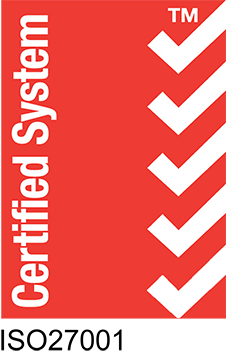If you are struggling to come up with a password, we suggest thinking of a phrase and taking letters and numbers from that.
For example " My email Password is hard to remember!" could give you MePih2r!
A good password should contain letters, numbers and special characters to give you the best result. Below are are some more tips;
- Use a mixture of upper and lower case.
- Use at least 5 characters but 8 or more is recommended.
- Use a number or 2.
- Use special characters like, but not limited to !@#$%^&*()_+?.,[]\|`~
- Avoid words from the dictionary. The Oxford English dictionary contains fewer than 300 000 entries if you count words currently in use, obsolete words, and derivative words.
- Avoid words with numbers appended at the end. Adding 1 to the end of password doesn't make it a more secure. We can still crunch the entire English dictionary and numbers in half a day.
- Avoid double words or simple letter substitution. PasswordPassword only doubles the number of words that we have to search. That's still fairly easy, considering how fast we can scan words. Also, p@55w0rd isn't a much more secure password. Password crackers know all the usual shortcuts, so don't take that route.
- Avoid common sequences from your keyboard. Adding QWERTY to the dictionary of tested passwords isn’t hard work. That's another shortcut to avoid.
- Avoid common numerical sequences. 314159 may be easy to remember. It's Pi, after all. But it's also something that's easy to test for.
- Avoid anything personally related, such as your license plate, past telephone number, birthday and so on. We live in a world where a lot of information is public domain. If you have a Facebook or Twitter account, the amount of information available keeps growing.


